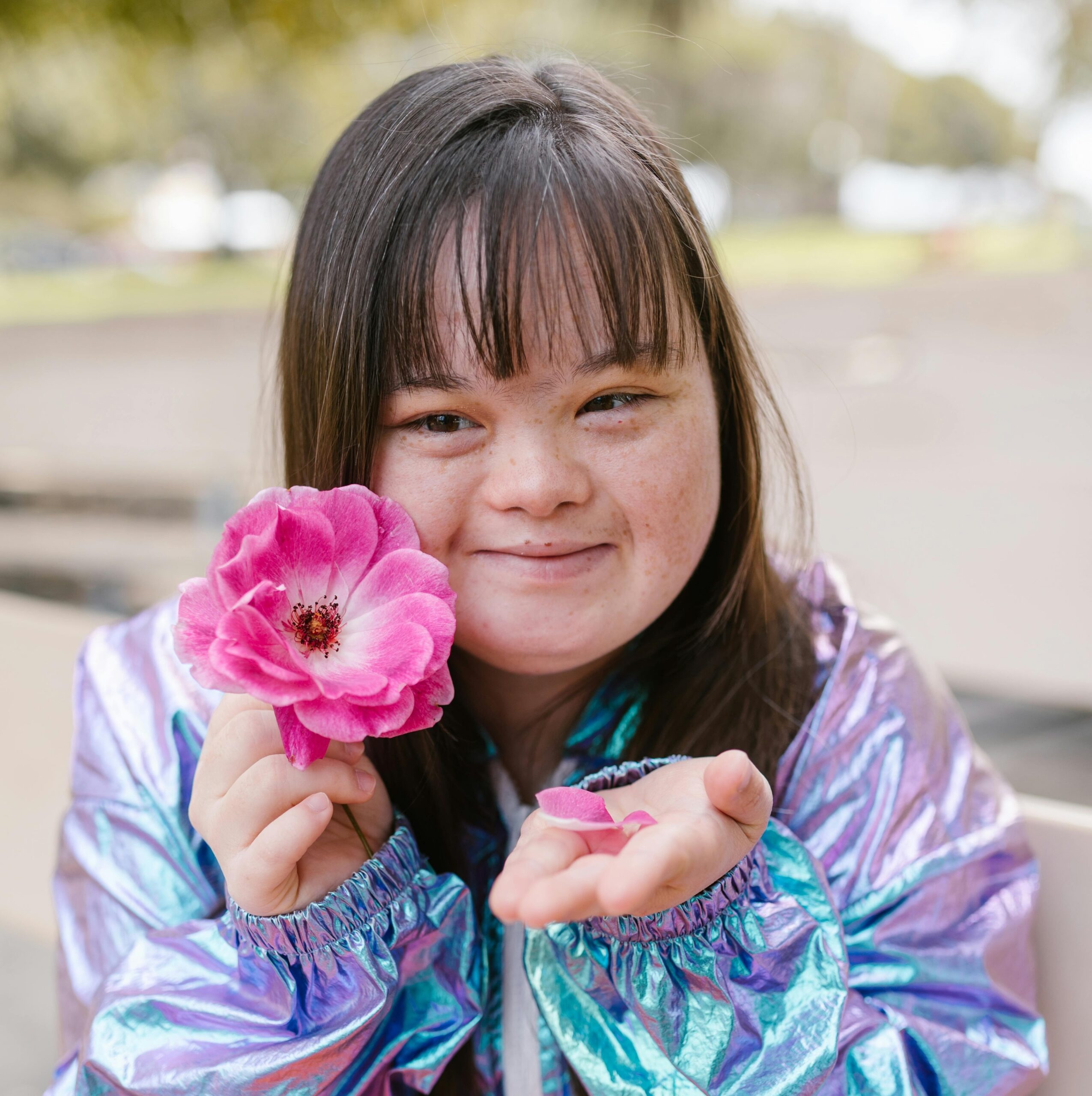by Soumaya Kawass, Psychomotor Therapist
What is Down Syndrome?
Down Syndrome (DS) is a genetic condition caused by the presence of an extra copy of chromosome 21. It affects physical and cognitive development, but individuals with DS can lead fulfilling lives with proper support, education, and inclusion.
Every year on March 21, the world observes World Down Syndrome Day (WDSD) to promote awareness, challenge misconceptions, and celebrate the abilities of people with DS.
Raising awareness about Down Syndrome helps:
- Foster inclusion in schools, workplaces, and communities.
- Challenge stereotypes and misconceptions.
- Encourage early intervention and support for children and families.
- Advocate for equal opportunities in education, employment, and healthcare.
Myths vs. Facts About Down Syndrome
Myth 1: People with Down Syndrome have a short life expectancy.
Fact: With advances in medical care, many individuals with Down Syndrome live well into their 60s and beyond.
Myth 2: Children with Down Syndrome cannot learn.
Fact: People with Down Syndrome have different learning abilities, but with the right support, they can thrive academically and socially.
Myth 3: People with Down Syndrome are always happy.
Fact: Like everyone else, they experience a full range of emotions.
Myth 4: All individuals with Down Syndrome have severe intellectual disabilities.
Fact: Cognitive abilities vary widely among individuals with Down Syndrome. While most experience some level of intellectual disability, many can learn, read, write, and even pursue higher education with the right support.
Myth 5: All people with Down Syndrome look the same.
Fact: While individuals with Down Syndrome share some common physical traits, they also inherit unique features from their families. Just like anyone else, they have their own distinct appearances and personalities.
Myth 6: Only older mothers have children with Down Syndrome.
Fact: While the likelihood increases with maternal age, the majority of babies with Down Syndrome (about 80%) are born to women under 35 because younger women have more children overall.
Myth 7: People with Down Syndrome should only be in special education programs.
Fact: Inclusive education benefits both children with Down Syndrome and their peers. Many individuals with Down Syndrome thrive in mainstream schools with appropriate accommodations and support.
How to Support
- Learn about DS and share accurate information.
- Support inclusive education and employment opportunities.
- Wear mismatched socks as a symbol of diversity and uniqueness.
- Support policies that promote equal opportunities for individuals with DS.
- Focus on strengths, talents, and contributions rather than limitations.
Conclusion
World Down Syndrome Day is a reminder that every individual deserves respect, inclusion, and opportunities.
Let’s celebrate diversity and work together for a more inclusive future!
